The patient is Ms. NTCL (54 years old, residing in Thap Muoi District, Dong Thap Province ), admitted to the hospital on October 16 with a headache, dizziness and a large, hard subcutaneous tumor on the right forehead. The family said that the patient had previously been examined and treated in many places but it did not improve; the headache became worse and nausea and dizziness increased, so she was taken to Military Hospital 120 and was ordered by the doctor to be hospitalized in the Department of Care and Treatment on Demand.
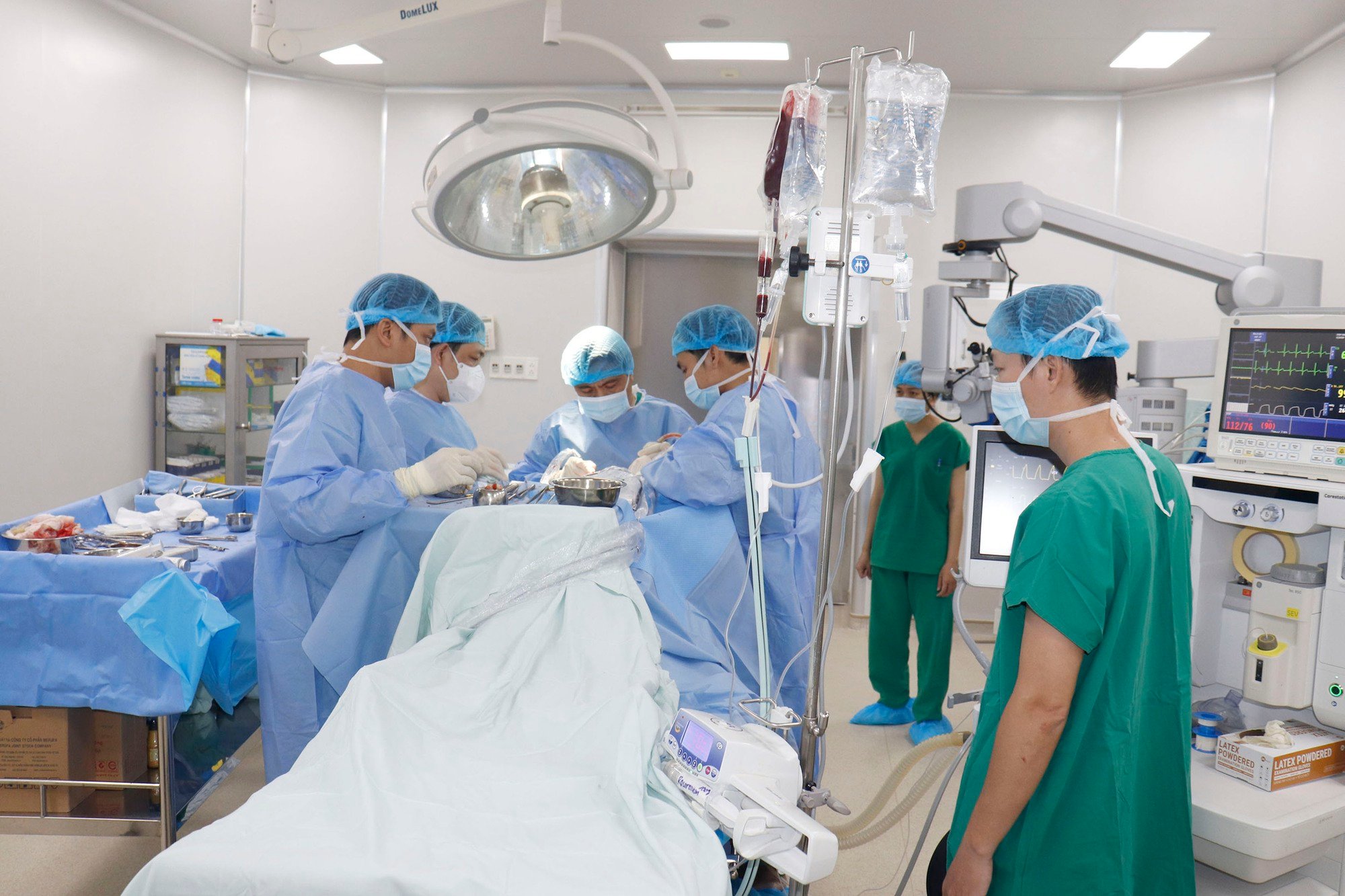
Dr. Tran Manh Hung is the head of the surgical team for the NTCL patient.
MRI results showed that patient L. had 2 tumors. One meningioma (5x6cm in size) invaded the craniofrontal junction, destroying the skull bone and causing severe brain edema. One meningioma (3x2cm in size) invaded the frontal skull bone (P), destroying the skull bone and causing brain edema. Doctors at Military Hospital 120 carefully consulted this complicated case and indicated a craniotomy to remove both tumors and perform pathological anatomy.
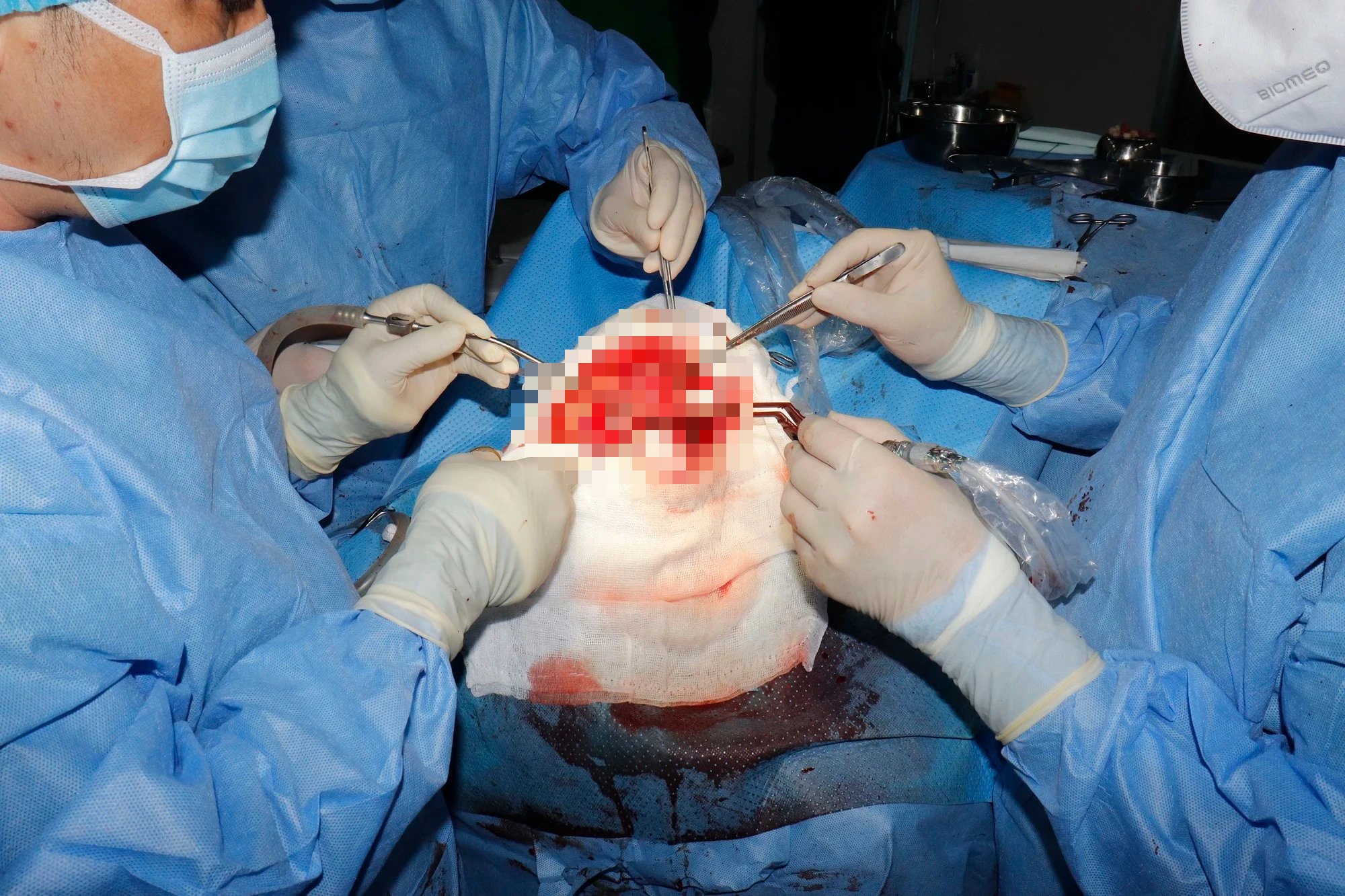
Doctors remove brain tumor for patient
The surgical team consisted of 6 doctors and 6 technicians, led by the excellent doctor, colonel, MD.CK2 Tran Manh Hung, and lasted for more than 4 hours. The surgery was successful, the doctors removed 2 tumors in the brain. After 6 hours of surgery, the patient was awake, responsive, and no longer had a headache. This was the first successful brain tumor surgery at Military Hospital 120.
On the morning of October 25, the NTCL patient shared: "For the past 3 years, I have had frequent headaches, which were very uncomfortable. Luckily, an acquaintance introduced me to Military Hospital 120. After the surgery, I feel better, no more headaches or dizziness. I thank the hospital's doctors very much."
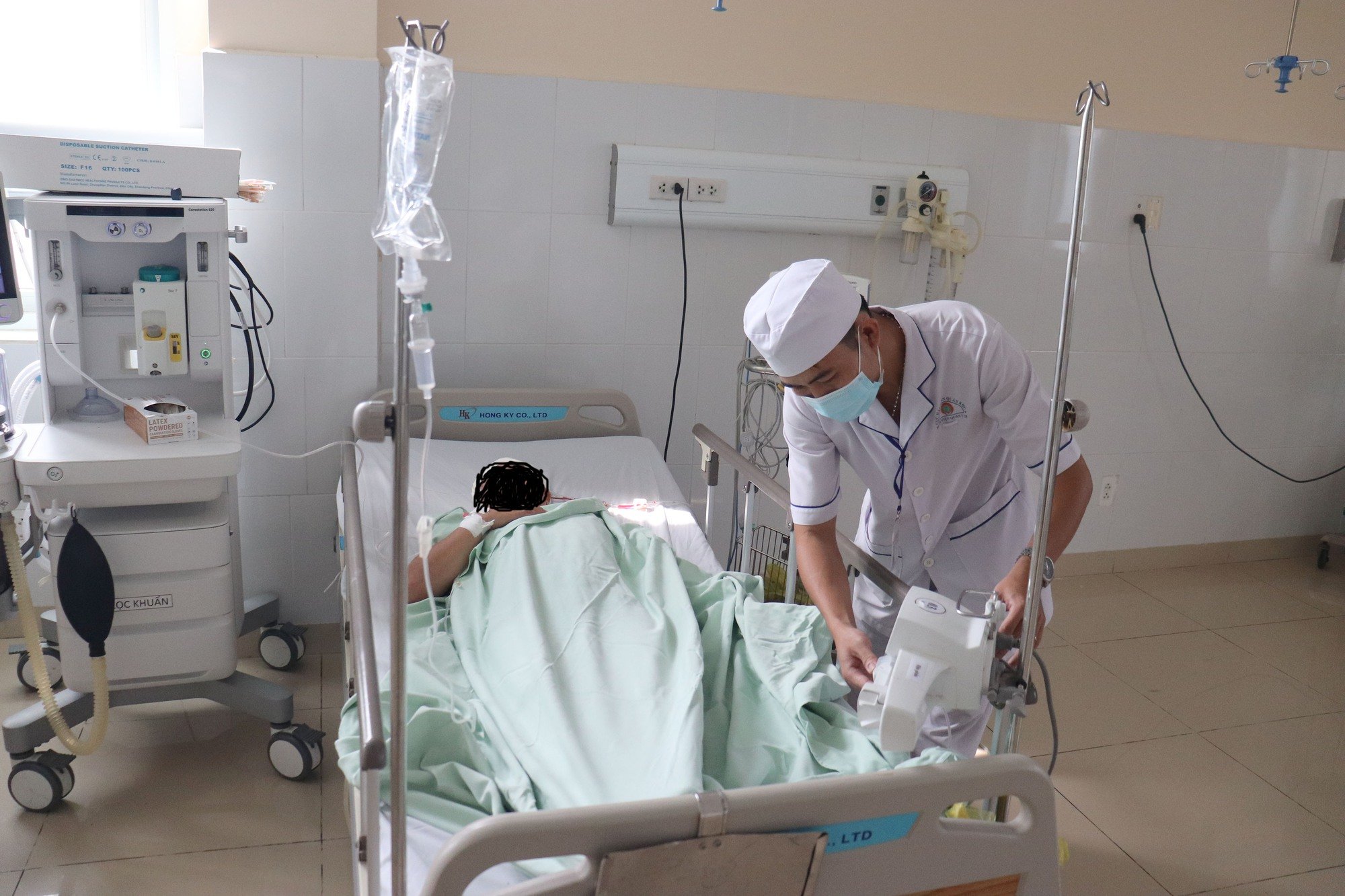
NTCL patient after surgery
Meritorious physician, Colonel, MD.CK2 Tran Manh Hung, Director of Military Hospital 120, said that if NTCL patients are not treated promptly, they may suffer from more severe cerebral edema, coma, leaving serious sequelae (blindness, paralysis, etc.) or death. The patient's tumor is very vascular, clinging to the sinuses and skull base, with a risk of heavy bleeding during surgery, affecting their lives during surgery.
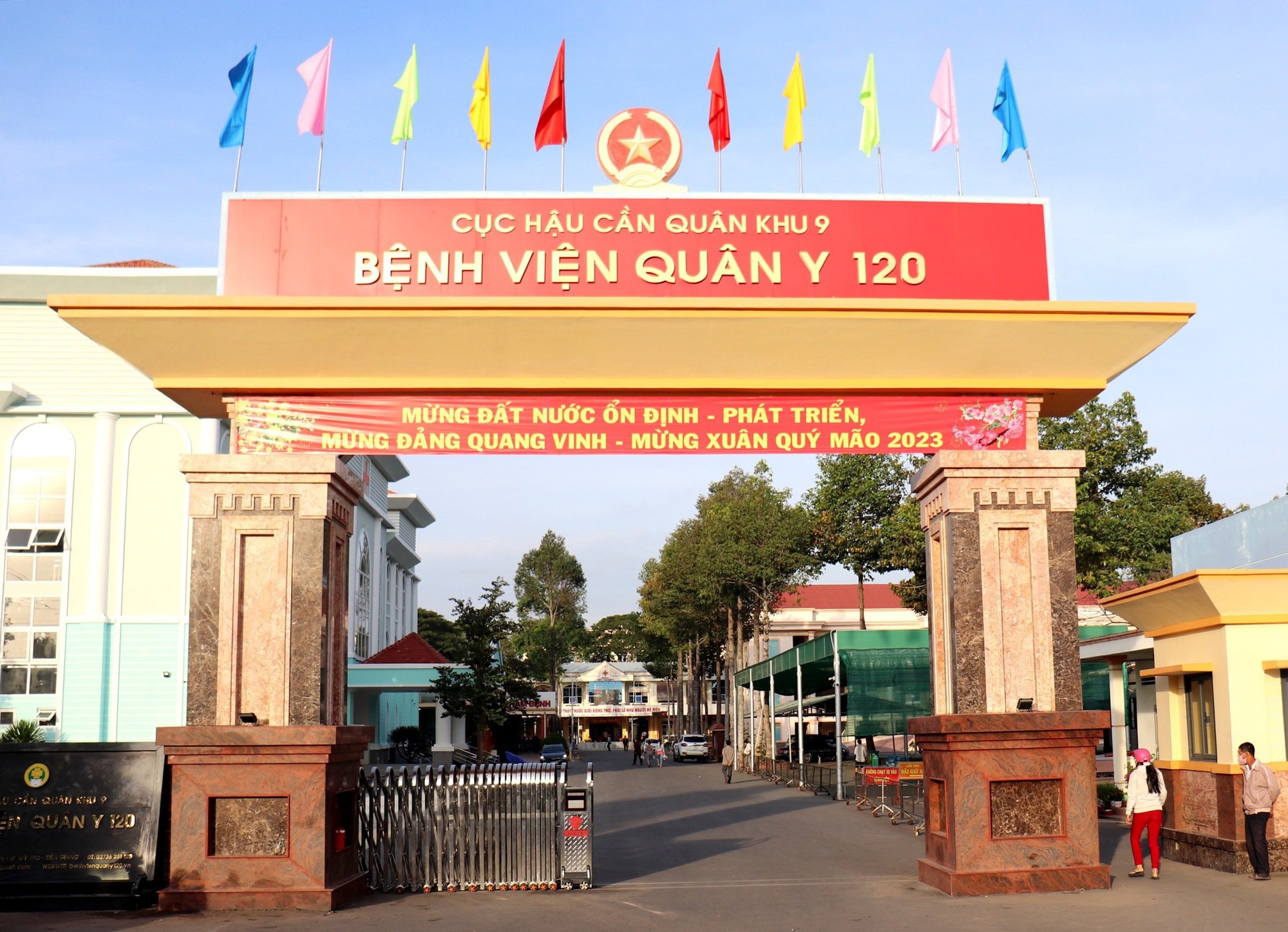
Recently, Military Hospital 120 has successfully handled many difficult and complicated cases.
According to the Director of Military Hospital 120, in recent times, the hospital has invested in many modern equipment and machines to serve the medical examination and treatment needs of the people in the area; especially the modern German microsurgical system in cranial neurosurgery. Many doctors have been sent to postgraduate study and learned specialized techniques in diagnostic imaging, neurosurgery, oncology, etc. New techniques in diagnostic imaging have helped doctors perform many difficult surgeries and complex pathologies - cases that doctors here "did not dare to dream" of in the past. With the remarkable development in technology, in the coming time, Military Hospital 120 will focus on improving the quality of treatment in the fields of neurology and oncology.
Source link








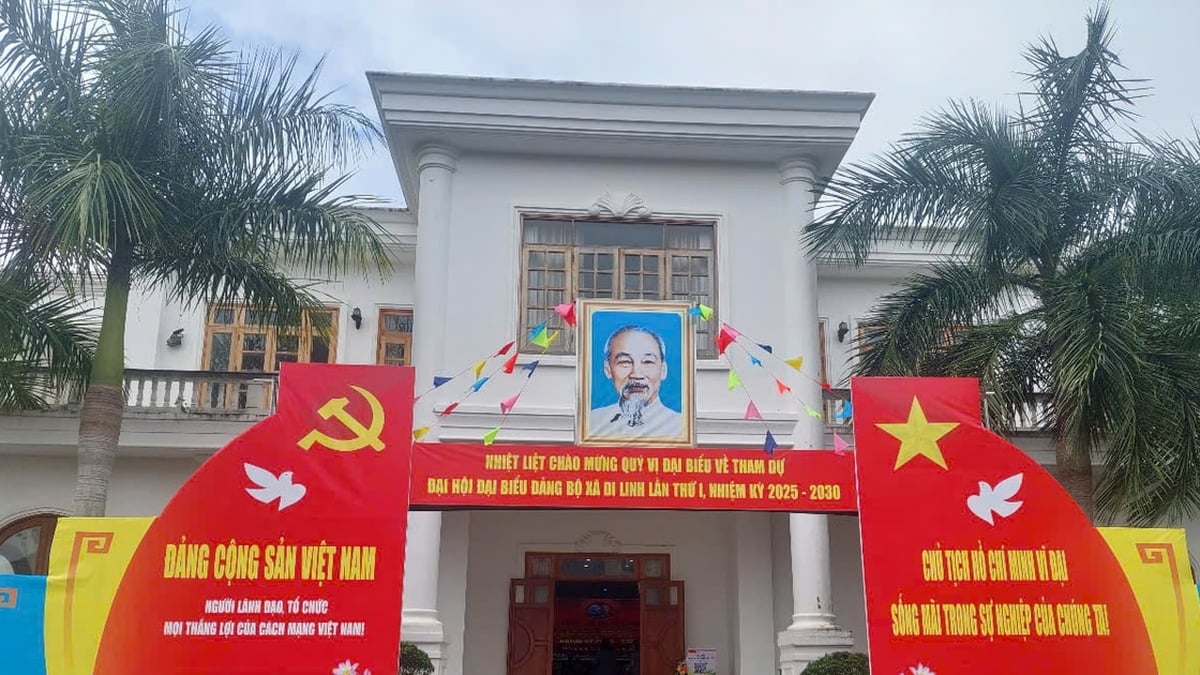

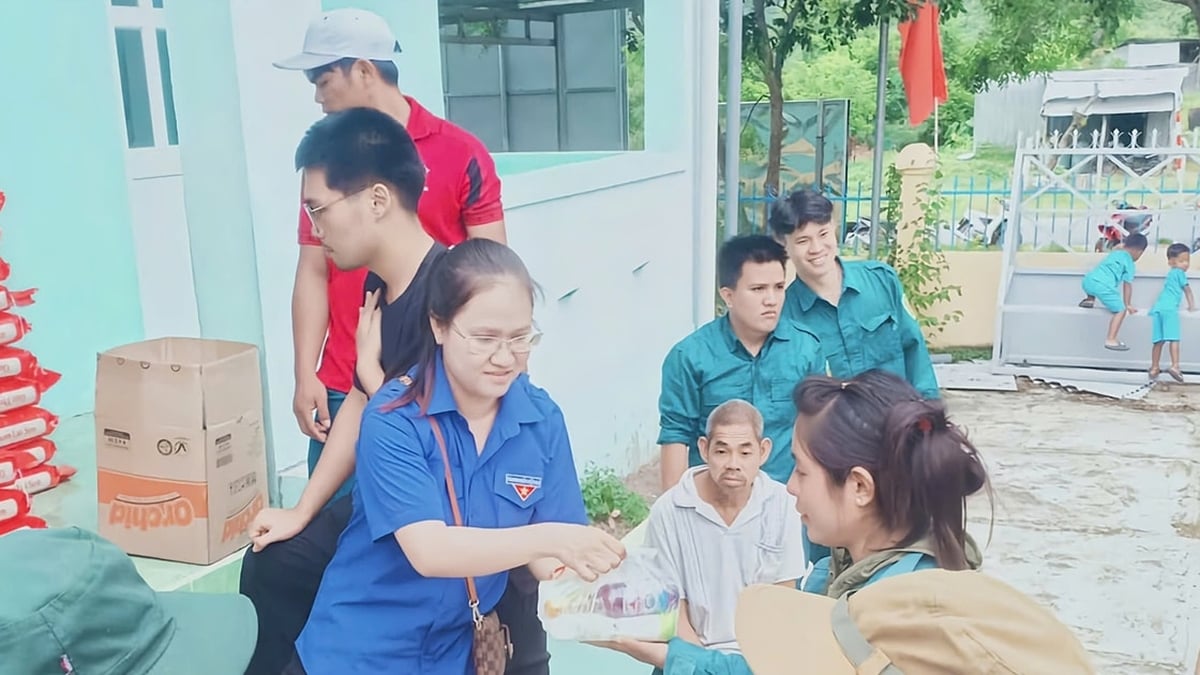











![[Photo] National Assembly Chairman Tran Thanh Man visits Vietnamese Heroic Mother Ta Thi Tran](https://vphoto.vietnam.vn/thumb/1200x675/vietnam/resource/IMAGE/2025/7/20/765c0bd057dd44ad83ab89fe0255b783)














































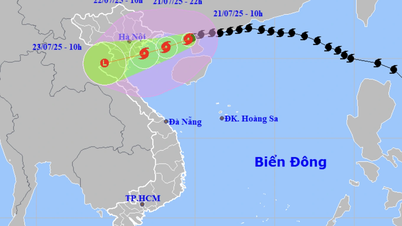




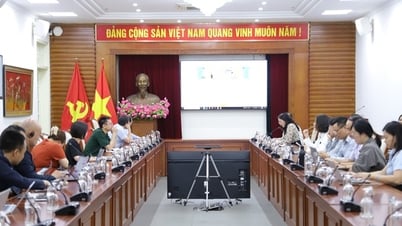
























Comment (0)